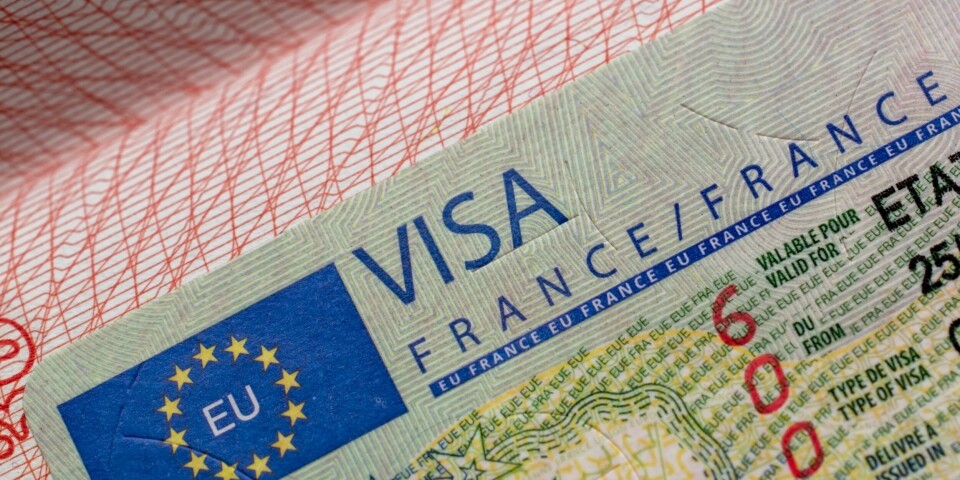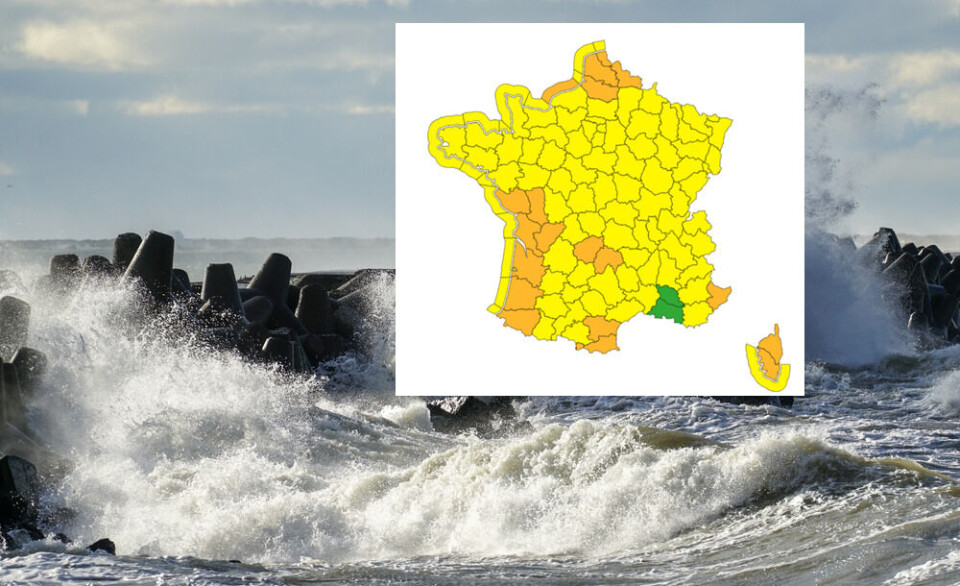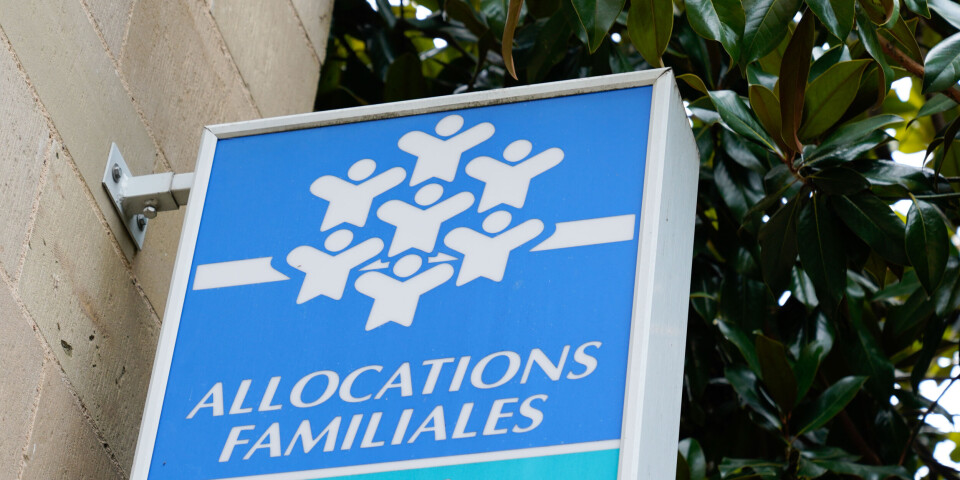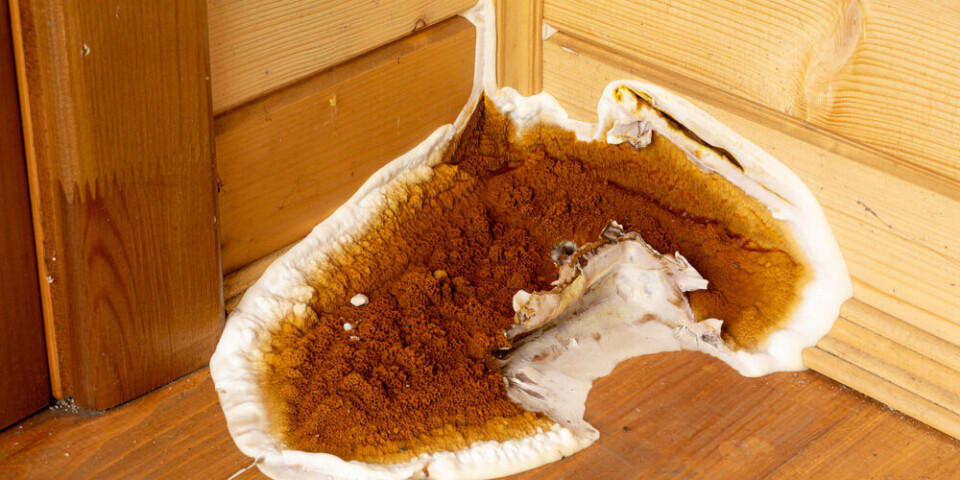-
Air France expands US schedule with direct Paris-Las Vegas route
Airline now offers 19 US destinations
-
2025 small business VAT reform definitively cancelled after Senate vote
New 2026 proposals remain on table but likely to be struck out as MP debates get underway
-
Small drop in percentage of French visa applications being declined
Roughly one in every six visa requests refused in 2024
Doctors support testing of another Covid-19 drug
French doctors have come out in support of more testing of ivermectin - which could be more effective against Covid-19 than chloroquine - and is already the subject of a multi-million euro study in Montpellier.

Ivermectin is traditionally used against parasitic infestations such as worms but is being trialled for use against several other diseases. Monash University in Melbourne, Australia, has been testing it in vitro against Covid-19.
After 48 hours in a test tube, the drug was found to have reduced the viral load of SARS-CoV-2 (the coronavirus that causes Covid-19) from 5,000 units to just one unit; a reduction of 99.98%.
Dr Kylie Wagstaff from Monash University told Le Parisien newspaper: “Researchers had the idea to test this [drug] that we use against scabies, to see if it could have an effect on the coronavirus.”
The work is of particular interest to Medincell, in Jacou, near Montpellier, a French pharmaceutical research centre near in Hérault, Occitanie.
The centre had already been working on ivermectin - to develop an injectable form of the drug to prevent the spread of malaria - in a study that received a $6.4million donation from global health organisation Unitaid.
David Heuzé, communications director at Medincell, said: “We now need clinical trials to check the potential of the cure on human beings.”
Professor Jean-Paul Stahl, head of the infectious diseases unit at the Grenoble CHU hospital (Isère, Auvergne-Rhône-Alpes) said: “[Ivermectin] is an old medicine. Like chloroquine, it is an anti-parasitical [drug], but they are not at all the same chemical compound.
“Taking the urgency into account, it would be impossible to create a new drug against Covid-19. This would take at least three years, minimum. This drug [ivermectin] already exists and is available. So why not [try it]?”
Professor François Bricaire, infectious diseases specialist and member of the French Académie Nationale de Médecine, said: “Beyond this initial work, we must check, and continue research to see if it works on humans.
“It is interesting, because we still do not have any effective treatment for coronavirus. To my knowledge, the first results for anti-HIV treatments are not good. Remdesivir [used to treat Ebola] and chloroquine are still being studied.
“There is therefore no good reason not to test ivermectin, which we [health professionals] are already familiar with.”
The new trial comes after Professor Raoult, microbiologist and infectious diseases specialist at l’Institut Hospitalo-Universitaire (IHU) Méditerranée Infection near Marseille, and pioneer of the use of chloroquine against Covid-19, has faced controversy over his early trials.
After further trials and ongoing tests, chloroquine has now been authorised for use in “serious” cases of Covid-19.
A wider trial is still continuing.
Related news
- Limited chloroquine use against Covid-19 approved
- President Macron visits 'chloroquine-treatment' doctor
- Covid-19 France: petition for wider chloroquine access
- French lab offers ‘millions of doses’ of Covid-19 drug
- France widens Covid-19 drug tests amid vaccine search
- French researcher posts successful Covid-19 drug trial
Stay informed:
Sign up to our free weekly e-newsletter
Subscribe to access all our online articles and receive our printed monthly newspaper The Connexion at your home. News analysis, features and practical help for English-speakers in France
























